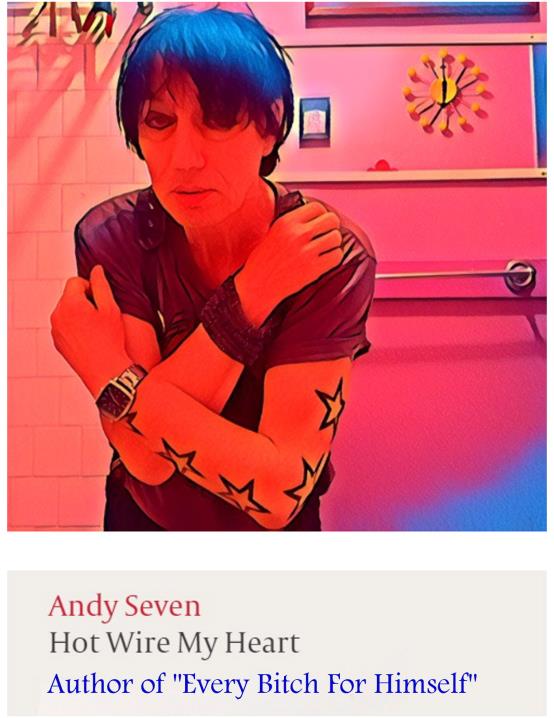I was going to write an essay about the first Ry Cooder album and explain why I thought it was a bizarre amalgam of country blues, acid rock (straight from the Performance soundtrack) and vintage Warner Brothers movie soundtracks. The most fully realized track combining these unlikely bedfellows was a cover of the Forties hit One Meatball. Written by Lou Singer and Hy Zaret, it's a vamp blues about a Depression-era man who only has enough money to buy himself a meatball and nothing else.
While some singers put some whimsy into the tune (see below) by interpreting the song as the tale of a sad sack who didn't have enough scratch to feed himself, Cooder and producers Ted Templeman and Van Dyke Parks delivered a Depression-era horrorshow of a man who had no future or present day dreams to get him through his stripped down meal.
The version created on the Cooder album was a dirgey nightmare featuring a wash of atonal strings providing a counterpoint to Cooder's weeping bottleneck guitar. It's a haunting track showing Cooder and Parks at their greatest strengths.
In the course of researching One Meatball I discovered that just about everyone at the time covered it, from Frank Sinatra to The Andrews Sisters to Louis Armstrong to Josh White. The song's like a mood ring; everyone put a very radical take on the song, from The Andrews Sisters doing a slightly amused version to Josh White's very somber performance.
Forties Soundies version
The video above is a Forties soundie version, a Warner Bros. cartoon vibe serving just about everything but a Mel Blanc voice over. The "waitress" singing gives a fairly standard Forties vocal. It's a fun short. but far from Ry Cooder's bleak Depression dirge.
One Meatball - Candy Candido
And now for something completely different: a supper club comedy chanteuse named Candy Candido. He's so odd it's not even funny, he's just downright creepy in a twitchy David Lynch movie way. His bizarre mannerisms are the thing of weird dreams that make you wake up at 3 am and resent eating that Pastrami sandwich with cole slaw and Russian dressing right before bedtime. Ha! As a side note, I think some of the low notes sung are dubbed in by Mel Blanc (yeah, him again). File under "Unfunny and Creepy".
One Meatball - Dave Van Ronk
Every sad story has a happy ending, though, and this one is about the discovery of Dave Van Ronk. His version of One Meatball is nothing short of amazing, Ronk doing a scatting folk singer thing decades before Tom Waits. Discovering Van Ronk was like finding a $1000 dollar bill on the street. What a demon.
Van Ronk sounds like a Robert Crumb caricature of the wild man folkie screaming and scatting while banging the crap out of his acoustic guitar. He puts so much energy into the jazzabilly blues of this song, he invigorates every word with his electric energy. There's some great blues interpretation to be found in his version of One Meatball.
Ry Cooder really hit his stride with his first album, especially the creepy One Meatball, but nothing prepared me for the widely divergent interpretations of the song. This is the sort of thing that makes music so exciting. It's the singer, not the song.































